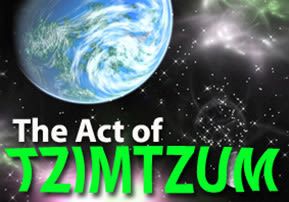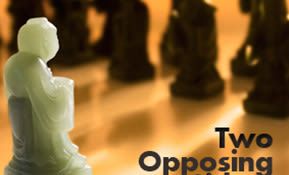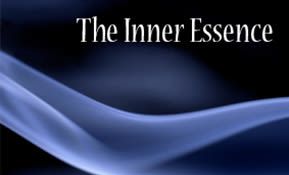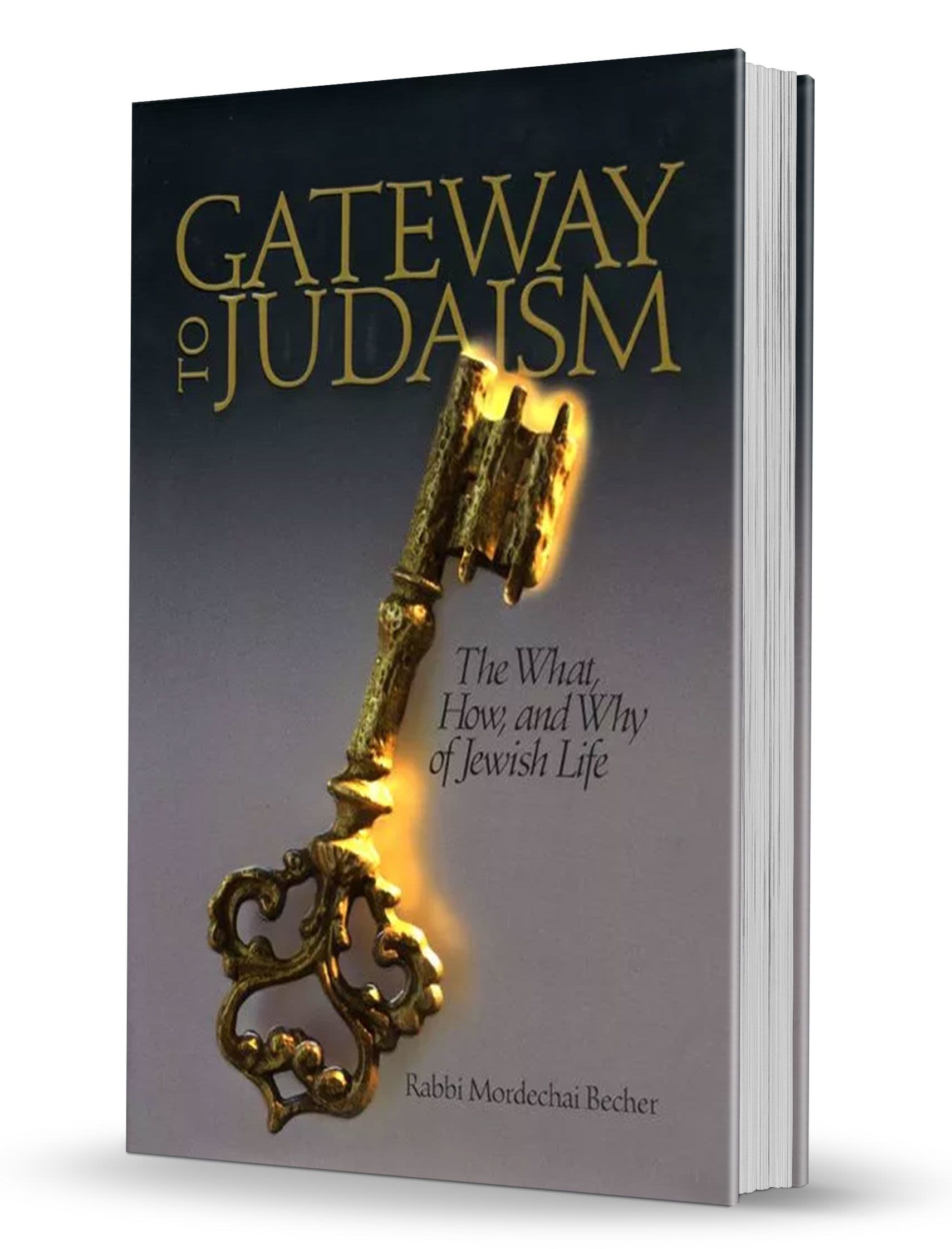
The Act of Tzimtzum, Part 1
The “tzimtzum”, or contraction and confinement, explains how The Almighty created the earth.

Part 30 of “138 Openings of Wisdom” by Rabbi Moshe Chaim Luzzato
Opening 24
The act of Tzimtzum
Note: The Hebrew noun Tzimtzum denotes the act of contraction, pressing, squeezing or forcing into close confinement.
In bringing about the creation as a work outside of Himself, the Eyn Sof, blessed be He, willfully set aside His limitlessness and adopted a path of limited action. This is called the Tzimztum (“contraction”) of Eyn Sof, blessed be He.
Having discussed how to understand the Sefirot, we know that they were a new innovation. We must now learn how they developed thereafter. You have already heard that in viewing the Chariot, there are two factors: the vision and the explanation — seeing and understanding. I will now proceed to explain the vision. Since I have already set forth elsewhere the details of what is seen in the vision (in Pitchey Chochmah VaDaat and Klallut HaIlan), with hindsight you should now be able to understand them, for what follows is the explanation of the details. In order to make things easier, from this point onwards I will indicate how the various different aspects appear in the vision.
The proposition has three parts: Part 1: In bringing about the creation as a work outside of Himself… This tells us where the Tzimtzum took place — to what it applied. Part 2: …the Eyn Sof, blessed be He, willfully… This tells us what the Tzimtzum was. Part 3: …and adopted a path of limited action… This tells us how the Tzimtzum took place.
Part 1: In bringing about the creation as a work outside of Himself…. The Supreme Will, which is Eyn Sof, blessed be He, includes different kinds of powers having no end or limit. But we are not talking about His aspect of limitlessness, with which we have no connection. Rather, we are talking about that particular power among His numberless powers that is the cause of us. The power that causes us is His power to bring about a work “outside” Himself — in the sense of creating and governing apparently separate, independent realms and beings. This He did in accordance with His quality of goodness, for the nature of goodness is to bestow goodness upon others. If so, we are talking only about His acts and works, not about His own essence in Himself.
The truth of this is affirmed by the Tzimtzum itself. For the Tzimtzum took place only for the sake of the creation. If it had some other purpose, it would have had a different outcome. Since we see no other outcome of the Tzimtzum except the creation, which is its true outcome, if so, we may say that the Tzimtzum was for the sake of the creation. Further, His act of Tzimtzum prepared the way for the creation to come into being in a way suited to the nature of the created realms and beings, which exist within limits. If so, the Tzimtzum was for the sake of the creation. What is accomplished by all of Eyn Sof’s other powers — with the exception of the particular power that is the cause of the creation — is not for the sake of the creation. If so, the Tzimtzum took place only in that which is for the sake of the creation, namely in His power to bring about the creation as a work outside of Himself.
In other words: Among His limitless powers there is one power — the law that goodness bestows goodness — which is the power to create realms and beings that exist as separate entities “outside” of Him. This is the power that is affected by the Tzimtzum, for initially this power was limitless, but He contracted it in order to create beings that exist within limits.
Correspondingly, in the vision, the Tzimtzum appears in one place, while all around it is Eyn Sof, blessed be He. In other words, His power to create creatures — one among all His other powers — appears in one place. All around it are all His other powers, endless and without limits. His aspect of limitlessness is removed from one place only, and this what is subject to the contraction.
(Rabbi Avraham Greenbaum is the director of Azamra (http://www.azamra.org/). The 138 Openings of Wisdom is available for purchase online at http://www.azamra.org/Product_pages/openings.htm)












Tell us what you think!
Thank you for your comment!
It will be published after approval by the Editor.